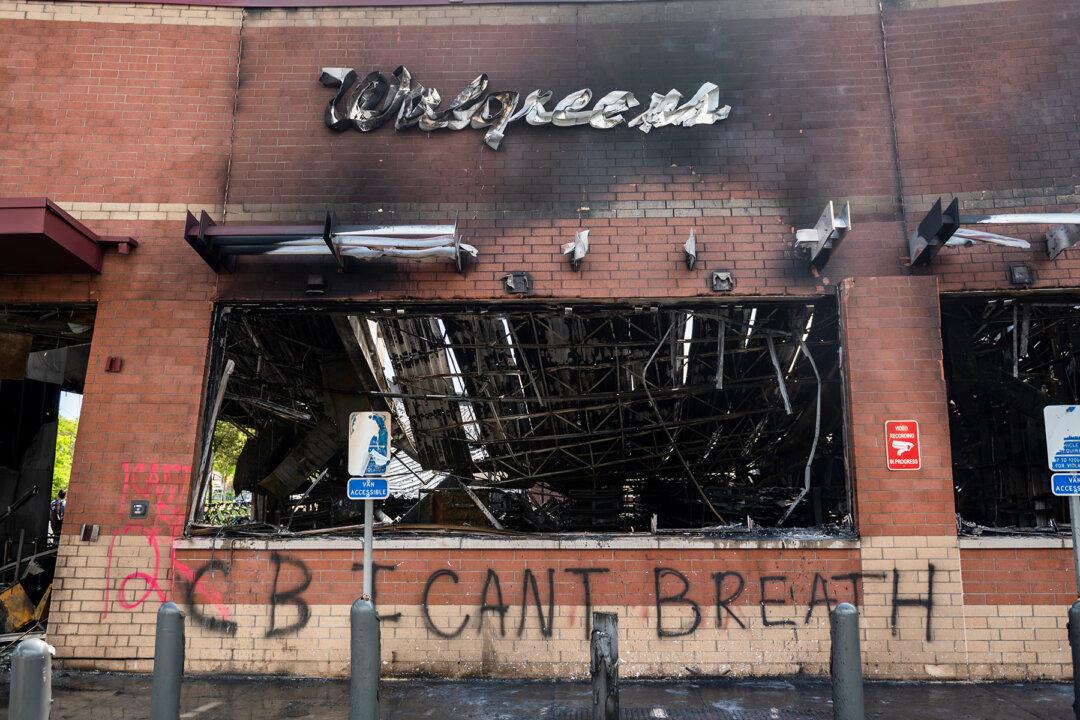A vital supply drive for needy families in Minneapolis amassed huge support from the community after rioting destroyed many stores in the area.
Over the final weekend in May 2020, a number of grocery stores and services were forced to close in the aftermath of riots sparked by the death of George Floyd. As a result, many local residents, including families of the students of Sanford Middle School, suffered restricted access to food and essential supplies.





